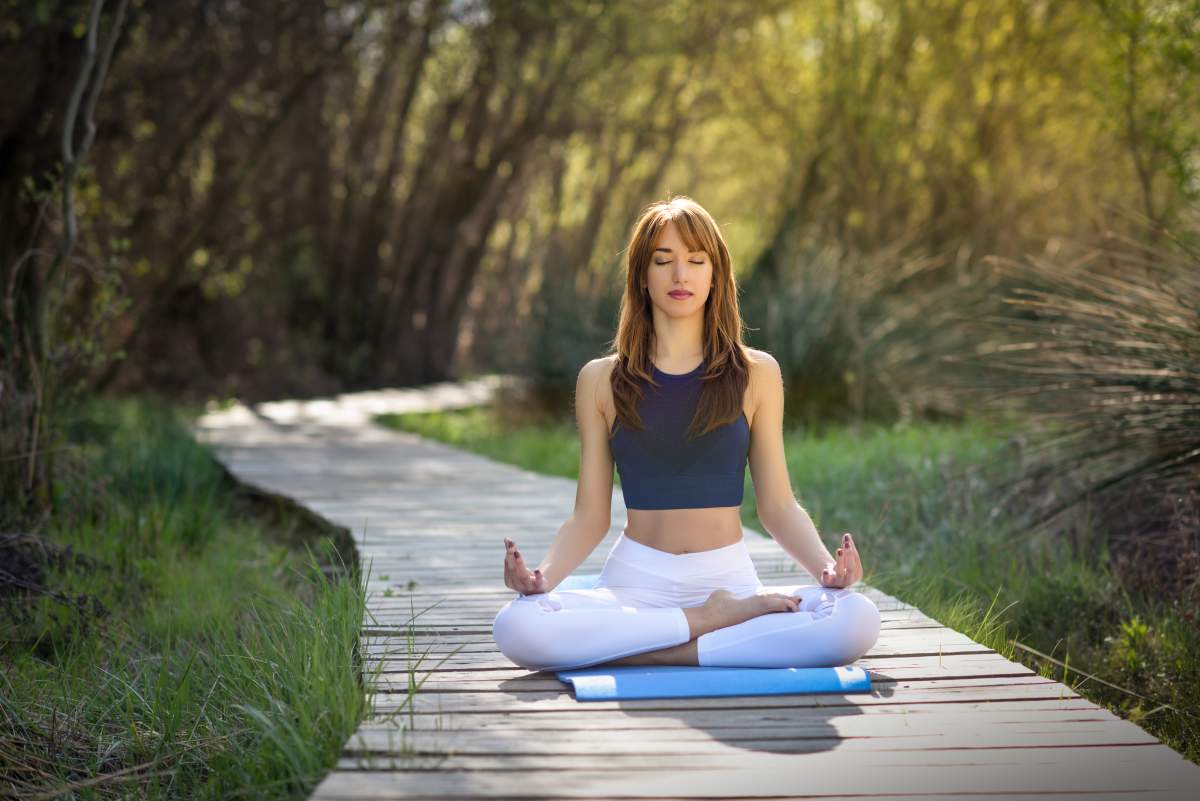Introduction
Welcome to “Unlocking Serenity: The Ultimate Guide to Yoga for Stress Relief.” This comprehensive guide is designed for those seeking to harness the transformative power of yoga in managing stress and promoting overall well-being. Whether you are a beginner or an intermediate practitioner, this blog post will provide you with the knowledge and tools to enhance your yoga practice and unlock a deeper sense of serenity.
The Power of Yoga for Stress Relief
Yoga, an ancient practice originating in India, has been recognized globally for its numerous health benefits, including stress relief. The practice combines physical postures, breathing techniques, and meditation to promote relaxation, focus, and overall well-being. By incorporating yoga into your daily routine, you can effectively manage stress and improve your quality of life.
Techniques for Stress Relief
Several yoga techniques can be particularly effective in reducing stress. These include:
- Deep Breathing: Also known as Pranayama, deep breathing exercises help to calm the mind and reduce stress. By focusing on your breath, you can activate the body’s relaxation response and promote a sense of inner peace.
- Meditation: Regular meditation practice can significantly reduce stress and anxiety. By training your mind to focus on the present moment, you can learn to let go of stressors and cultivate a greater sense of calm.
- Restorative Yoga: This gentle form of yoga is designed to promote relaxation and rejuvenation. By holding poses for extended periods, you can release tension in the body and mind, leading to a greater sense of serenity.
Benefits of Yoga for Stress Relief
The benefits of yoga for stress relief are numerous. Regular practice can:
- Lower stress hormones: Yoga has been shown to reduce cortisol levels, a hormone associated with stress.
- Improve mood: By activating the body’s relaxation response, yoga can help to alleviate symptoms of anxiety and depression.
- Enhance focus and concentration: The mindfulness aspect of yoga can help to improve focus and concentration, leading to better cognitive performance.
- Boost immunity: Stress can weaken the immune system, but yoga can help to strengthen it by reducing stress and promoting relaxation.
Tips for Beginners and Intermediates
For beginners, it is essential to start with gentle practice and gradually build up your strength and flexibility. Here are some tips to help you get started:
- Find a supportive environment: Look for a yoga class or online tutorial that caters to beginners and provides guidance and support.
- Start with simple poses: Begin with basic poses like Mountain Pose, Child’s Pose, and Downward-Facing Dog.
- Take breaks: Don’t push yourself too hard. Take breaks when needed and listen to your body.
For intermediates, consider incorporating more challenging poses and exploring different styles of yoga, such as Vinyasa or Ashtanga. Remember to maintain proper alignment and focus on your breath to deepen your practice.
Conclusion
In conclusion, yoga is a powerful tool for managing stress and promoting overall well-being. By incorporating techniques like deep breathing, meditation, and restorative yoga into your daily routine, you can unlock a deeper sense of serenity and improve your quality of life. Whether you are a beginner or an intermediate practitioner, this guide provides the knowledge and tools to help you on your journey to unlocking serenity through yoga.




